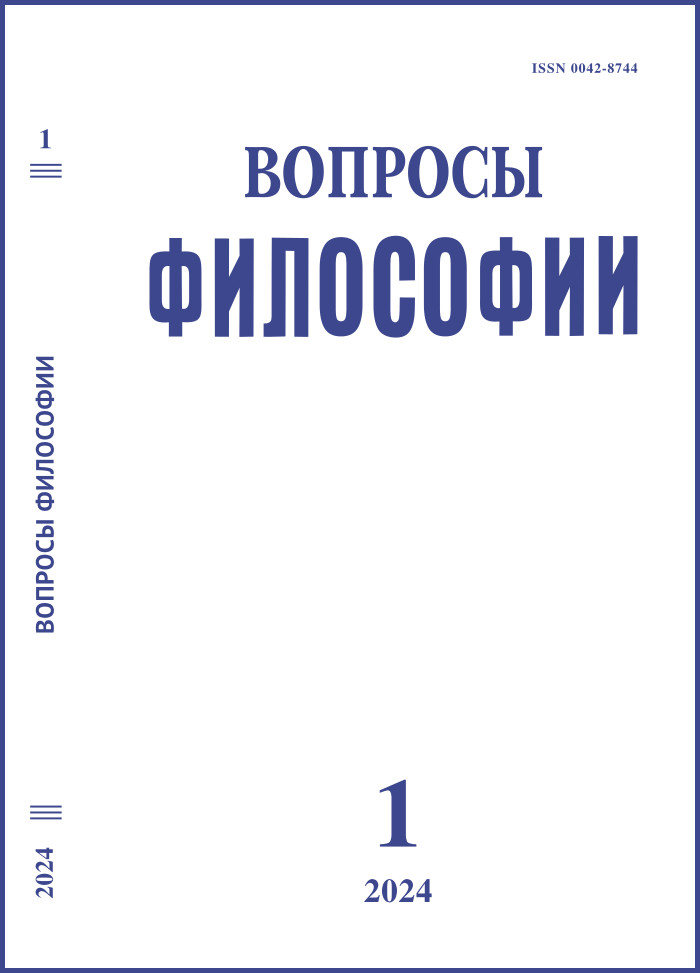Dialogue against the Background of Time
DOI:
https://doi.org/10.21146/0042-8744-2024-1-137-142Keywords:
creativity of M.M. Prishvin, A.K. Gorsky, ideological and creative dialogue, the ideal of building a new world, Bolshevism, the ways of Christianity, philosophy of N.F. Fedorov, art as transfiguration, liturgism.Abstract
Taking into account new factual data, the spiritual and creative dialogue between the writer and the thinker M.M. Prishvin and philosopher, poet A.K. Gorsky,
unfoldning from 1922 to 1943, is considered. Proposed by Gorsky reading of N.F. Fedorov’s Philosophy of the common task in the light of modernity, the desire to expand on its basis the ideal of building a new world, the idea of the deep unity of Christian feat and the feat of art, the idea of the creative transformation of eros find a living reaction in Prishvin’s diaries, meeting with his own thoughts about eros and sex, the prospects of Bolshevism and the common task of the resurrection of the fathers. Gorsky’s interpretation of the novel The Chain of Koschei is considered in the context of the crisis of symbolism and the search for new ways of life-creative action based on the ideas of active Christianity. It is shown that Prishvin for Gorsky embodies the type of artist-messenger, ascending from adamism to liturgism, and Gorsky for Prishvin is the type of Christian figure who overcomes the inertia of official Orthodoxy, its passivity and deviation into the otherworldly. The evolution of Prishvin’s attitude to Gorsky’s thesis on the need to transform Soviet ideology on the basis of the Philosophy of the Common Task is revealed (the acceptance of this thesis in the 1920s, the dispute with it during the era of repression, the return to the idea of the religious and moral renewal of communism during the Great Patriotic War). Unlike Gorsky, who sought to express his word, Prishvin in the late 1930s chooses a position of silence, understanding this silence as a kind of hidden action.

